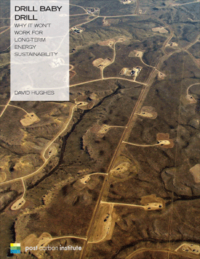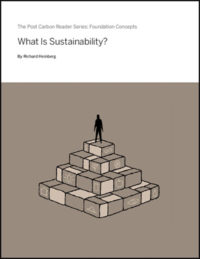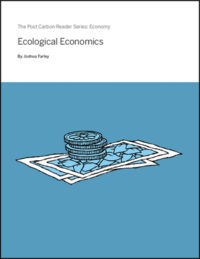
Reinventing Fire
Fossil fuels created modern civilization, but their rising costs—to health, security, and economic progress—are starting to eclipse their benefits, undermining the prosperity and security they enabled. At the same time, technological innovation has quietly been making fossil fuels obsolete. In history’s greatest infrastructure shift, spanning the entire economy, humans are inventing a new fire: not […]









